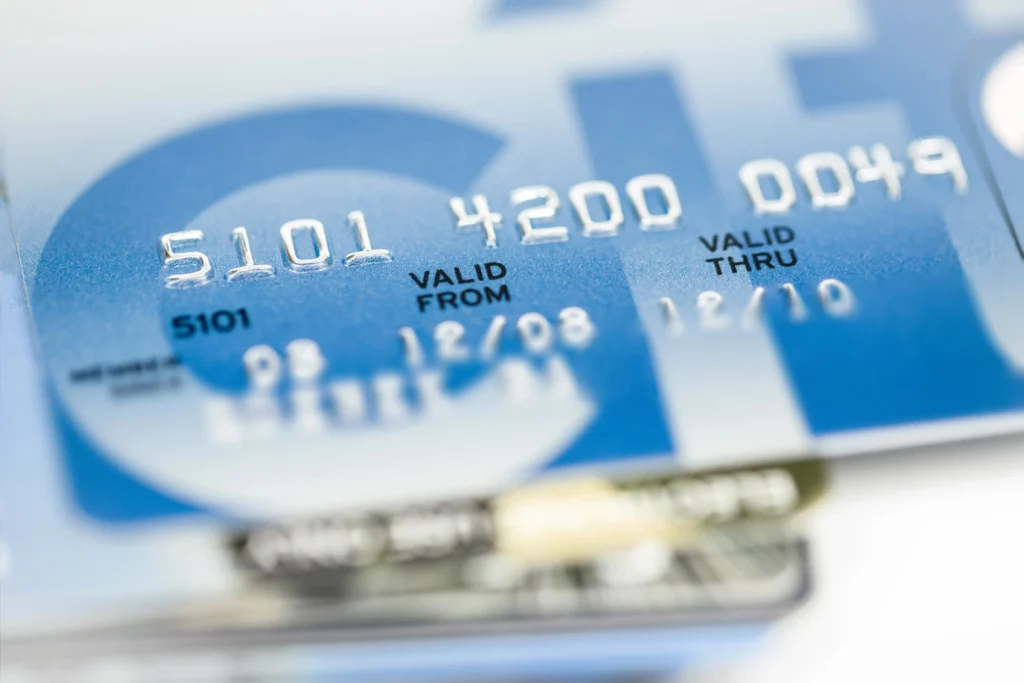
By clicking “Accept”, you agree to the use of cookies on your device in accordance with our Privacy and Cookie policies
Continuously improve upon the security program while continuing to grow the business.
Compyl works with the technology your organization works with.
Begin building a scalable security program.
Build and maintain a robust risk management process.
Manage vendor due diligence and risk assessments.
Mature your security program quickly.
Create and centralize policies, standards, and procedures.
Securely store and monitor all contracts.
Streamline security with automated efficiencies.
Establish and monitor permissions for all users.
Catalog, access, and track all IT Assets.
Demonstrate the ability to effectively safeguard customer data's security, integrity, confidentiality, and privacy.
Prove the strength of your Information Security Management System to prospects and customers worldwide.
Organizations handling health information need to have measures in place & follow them.
Improve the security posture of information systems used within the federal government.
Guidelines to encourage best practices among financial institutions in Singapore.
This global security and privacy framework provides comprehensive information, risk, and regulatory protection.
We proactively monitor for the latest frameworks to ensure our customers environments remain secure at all times. Contact us and learn about the additional frameworks Compyl supports.
Let Us Guide You Through Your InfoSec & Compliance Journey.
Learn how to use the Compyl Platform.
Watch all Security Session Episodes
Real-world stories on how we help our customers.
Our mission and purpose are unique, just like the solution we created.
We are very serious about our security. See the measures we take.
Join our diverse team of intelligent, respectful, and passionate individuals.
We are ready to secure your organization today!
Businesses in today’s financial sector find themselves entangled in a web of security standards, technology, and regulations meant to protect their clients’ sensitive personal and financial information. One of these standards that you should know is the Payment Card Industry Data Security Standard. These guidelines are strict and have important consequences for compliance violations, such as the PCI noncompliance fee.

This fee is a financial penalty meant to encourage businesses to meet the rigorous security standards in thePCI DSS. Not only is it a punitive measure, but it also helps deter businesses from de-prioritizing the protection of the card information of their clients.
Any business that processes credit card transactions could be subject to the noncompliance fee, meaning that a wide range of companies, both small and large, are at risk. It is universally applicable to any business dealing with credit cards; however, businesses dealing with finances, payment processors, credit unions, and banks are all especially susceptible due to the high volume of transactions they perform on a daily basis.
The fee is applied when businesses’ security measures fall short of the requirements and put their customer information at risk. This is why it’s important for you to stay on top of PCI DDS requirements and use proactive security measures to protect customer data.
The noncompliance fee isn’t a fixed amount; rather, it varies based on the severity and length of the compliance violation. The longer the problem has gone undetected or unresolved, the higher the fee will be. It can be applied annually, quarterly, and even monthly, depending on how extensive the problem is. The worse the violation, the greater the fee. This could range anywhere from $10 to more than $5,000 monthly.
The fee isn’t the only consequence of disregarding PCI DSS standards. In these types of matters, your business’s reputation and standing are at risk. Any type of security breach can lead customers to take their business elsewhere as a lack of trust prevails.
Also, regulatory bodies, including the government, may charge additional fines to businesses that are not compliant with PCI DSS. These, alongside the PCI noncompliance fee, can strain your business financially and make the challenge of overcoming the issue even more difficult.
The more informed you are, the better your business can adhere to the proper requirements. These key steps can be key in ensuring that a company is PCI DSS compliant.
It’s important to properly invest in training your employees. Emphasize PCI DSS compliance and educate them on best practices for data security and card processing. Human error is a common reason security breaches happen, so having trained employees can help prevent a number of data security issues.
You cannot overlook the importance of performing regular security audits to avoid paying a PCI noncompliance fee. These can help identify and correct any possible vulnerabilities before they turn into a bigger problem. By being proactive, you can identify potential issues that could lead to fees or other penalties.
Get your IT team to check the network infrastructure and ensure that it is secure with access controls in place. One excellent way to avoiddata breachesand noncompliance is to restrict access to very sensitive data.
Tokenization and encryption are good options to help safeguard customer data while it is transmitted or stored. These act as an additional level of protection against breaches.
Ensure that your systems and software are always up to date with security patches. This can go a long way in ensuring security and reducing vulnerabilities.
Keeping your business compliant with the complex PCI DSS standards requires great commitment and effort, but it is essential to avoid having to pay the PCI noncompliance fee and other possible penalties.
Due to the data-rich and lucrative nature of the finance industry, cybercriminals see it as a prime target. As their techniques continuously evolve, your business must be ready and proactive in order to stay one step ahead of them. Reassess security protocols constantly, invest in the latest cybersecurity technology, and work to continuously improve. Such a proactive stance is one of the best ways to stay ahead of cyber criminals and avoid paying hefty fees.
Collaboration is a key element in keeping your businesses safe and compliant. Industry forums are an excellent tool for businesses in the financial sector to share best practices and inform each other about cutting-edge threat intelligence. Uniting against cyber threats and working together on compliance can help reduce the likelihood of security breaches and fees.
The intricate nature of regulations, including the PCI DSS standards, can make them difficult to address. Getting the perspective and expertise of a third-party professional can make all the difference for your safety protocols and protection against cybersecurity threats. Third parties can conduct assessments, identify vulnerable areas, give and implement recommendations for tougher security measures, and help you avoid fees and penalties. Getting this outside expert perspective is one of the better ways to help you stay on top of security. There are even third-party companies that specialize in compliance and can help implement continuous compliance monitoring, which implies automated scans, real-time threat updates, and regular assessments.
Here at Compyl, we’re experts at compliance and workflow automation. We can help you assess your specific company’s cybersecurity needs and implement automated, cutting-edge solutions to help keep your sensitive customer data safe and your business safe from consequences such as the PCI noncompliance fee. To learn more about how we can help you with compliance and cybersecurity safety,request a demoon our website.
The calculation of PCI noncompliance fees can vary significantly from one business to another, depending primarily on the merchant’s level, the duration of noncompliance, and the specific policies of the acquiring bank or payment processor. The fee structure is often not transparently disclosed, making it challenging to provide a one-size-fits-all answer. Generally, these fees are intended to incentivize compliance with PCI DSS standards by imposing a financial penalty on noncompliant merchants. The amount can range from nominal figures, such as $10, to more substantial penalties exceeding $5,000 monthly. Factors that could influence the calculation include the size of the business, transaction volume, previous compliance history, and the perceived risk of a data breach. The severity and duration of noncompliance play crucial roles, with longer periods of noncompliance and more severe violations incurring higher fees. It’s also worth noting that these fees are in addition to any potential fines imposed for actual data breaches, which can be significantly higher.
To achieve compliance and avoid PCI noncompliance fees, businesses need to follow the PCI DSS guidelines, which outline a series of steps designed to protect cardholder data. This includes implementing strong access control measures, maintaining a secure network through firewalls and encryption, regularly updating and patching systems, and conducting regular security assessments. Businesses should also work closely with their payment processors or acquiring banks to understand specific compliance requirements and timelines. Engaging in regular PCI compliance assessments and remediation efforts is crucial. This involves not only passing an initial compliance assessment but also maintaining ongoing compliance through continuous monitoring and improvement of security practices. Educating staff about data security and PCI DSS requirements is another critical step, as human error can often lead to security breaches.
The application of PCI noncompliance fees and the potential for exceptions or waivers can depend heavily on the policies of the acquiring bank or payment processor. While the PCI DSS standards themselves are universal, enforcement and the imposition of noncompliance fees are managed by the entities that process transactions for merchants. In some cases, new merchants or businesses undergoing significant changes to their payment infrastructure might negotiate temporary waivers as they work towards compliance. Additionally, small businesses that process a very low volume of transactions might find that their payment processors offer simplified compliance solutions or more lenient timelines for achieving compliance. However, the availability of such exceptions is not standardized across the industry and would require direct negotiation with the service providers. It’s essential for businesses to proactively engage with their payment processors to explore any possible avenues for support or temporary relief as they work towards full compliance with PCI DSS standards.